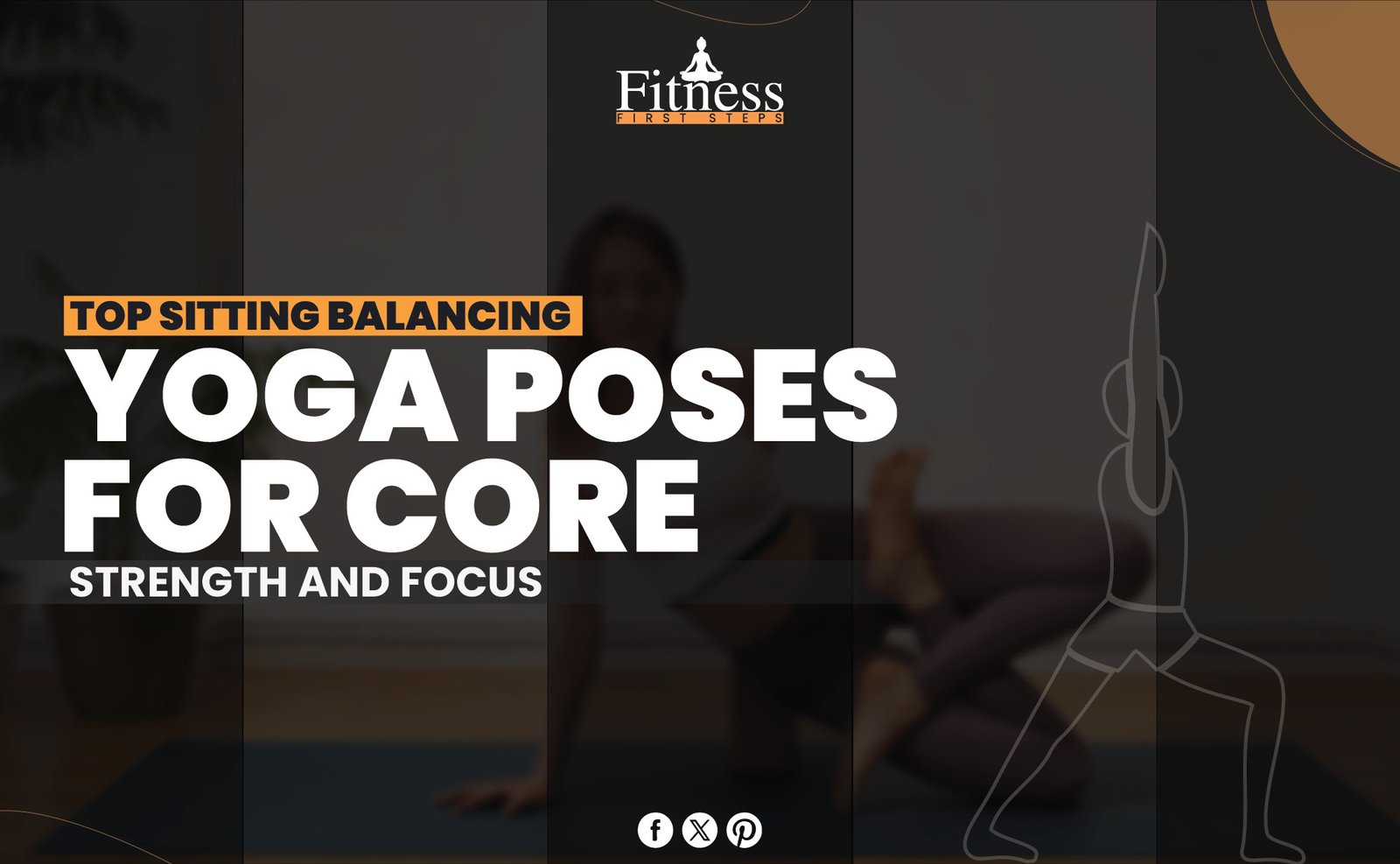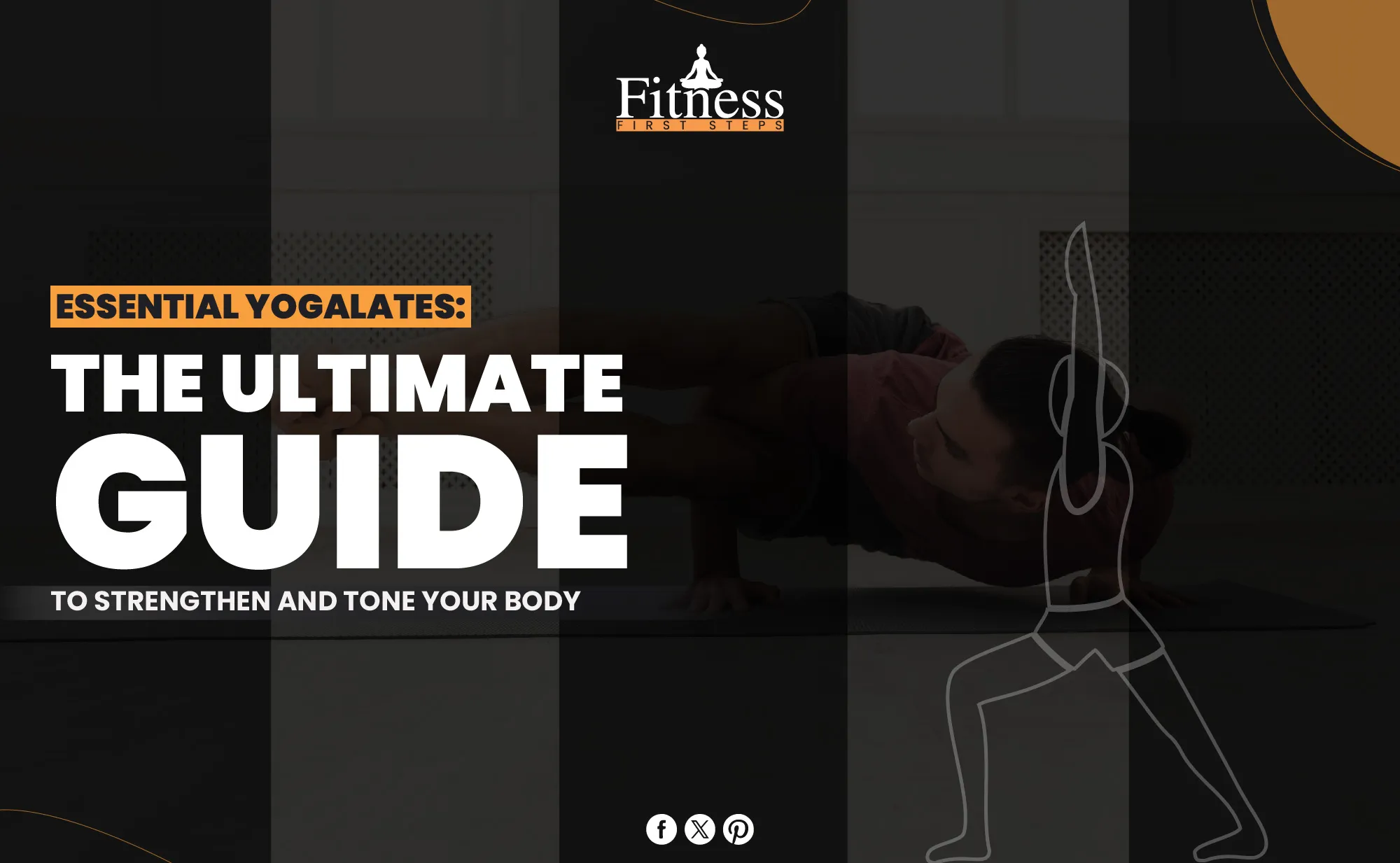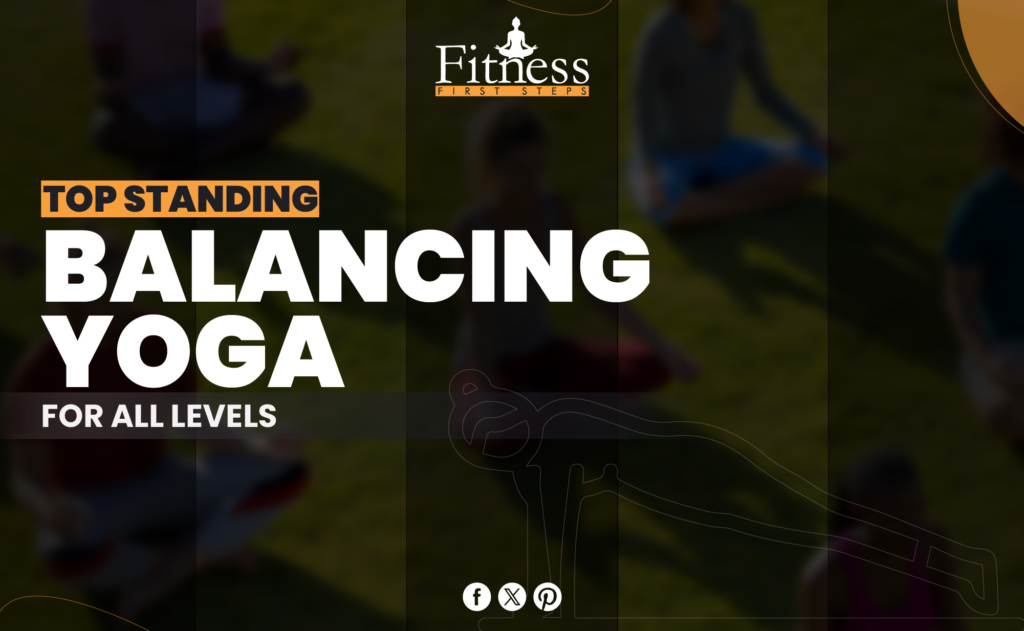Introduction
Yoga is a holistic method that combines physical postures, breath control, and meditation. It was developed over 5,000 years ago in India. Its main objective is to encourage balance between the body, mind, and surroundings.
In recent years, yoga has become increasingly popular worldwide beyond national and cultural borders. This increase might be ascribed to its availability and growing knowledge of its all-encompassing advantages.
Yoga is a very adaptable activity that promotes overall health. It has many advantages for physical and mental well-being.
You’ll be able to read more about Yoga Therapy.
Physical Health Benefits of Yoga
Many different types of yoga are good for your health. They help with your flexibility, strength, balance, and general well-being. Here are some of the most important benefits:
Increased flexibility:
Regularly stretching muscles and joints makes the body more flexible. This slow relaxing can ease the pains and aches that come with tightness and make it easier to move around.
Improved strength and muscle tone:
For many poses, you must find new ways to support your body weight, like standing on one leg or using your arms. Over time, this strengthens the big muscle groups, making the muscles look better toned and defined.
Enhanced balance and coordination:
Many poses focus on balance. They teach the body to stay stable by focusing and controlling its muscles. This can improve rhythm and balance for those who want to lower their risk of falling.
Reduced risk of injury:
Yoga lowers the risk of injury during other physical tasks by making you more flexible, strong, and balanced. Focusing on good stance and alignment teaches the body to move safely and effectively.
Regulation of metabolism and weight management:
Regular exercise may help keep your metabolism in check, which can help you control your weight. Some types, like Vinyasa or Power Yoga, can also help you lose weight because they are suitable for your heart. After all, they are mild to intense cardiovascular workouts.
Mental Health Benefits
When it comes to improving mental health, it is just as important as it is for improving physical health. Meditation, breathing exercises, and being aware are all parts of yoga. These practices are good for your mental health in several ways:
Stress Reduction and Relaxation:
Engaging in yoga, especially poses that encourage thoughtful awareness and deep breathing, can greatly reduce stress in the body. Mindfulness-based breathing exercises, or Pranayama, can help calm the nervous system, leading to relaxation and less worry.
Improved Mood and Emotional Well-Being:
Serotonin, often called the “happiness hormone,” is made more when you do yoga, which can improve your mood. It helps you connect with your mind and body, which is good for your mental health and view of life.
Better Sleep Quality:
When done regularly, yoga nidra helps people sleep better by calming the mind and relieving stress. It is a type of guided rest that can help people with trouble sleeping or falling asleep.
Enhanced Concentration and Focus:
The quiet parts of yoga help you be more aware and focused. Focusing on the present moment can help you think more clearly, remember things better, and concentrate better overall.
Management of Anxiety and Depression:
A lot of research has shown that it can help people who are depressed and anxious. The practice offers a natural and all-around way to deal with these conditions, which can be used instead of or in addition to standard treatments.
Scientific Evidence Supporting Yoga’s Benefits
Many have said it is good for physical and mental health, backed by studies and experts’ opinions. The following is a list of the proof that shows it works:
Studies on Physical Health Benefits
Numerous studies have shown that yoga improves physical wellness. For example, a Journal of Rheumatology study found that osteoarthritis patients who practiced yoga regularly had better joint flexibility and less pain. Another American Journal of Preventive Medicine study found that yoga’s metabolic regulation helps with weight loss and maintenance. These studies also show that it improves flexibility, strength, balance, and weight control.
Research on Mental Health Benefits
Yoga’s mental health advantages are also confirmed by science. A landmark JAMA study found that it reduces anxiety and despair, improving mental health. Research in the International Journal of Yoga found that yoga’s meditation and breath control activities reduce stress. These studies show its ability to treat stress, anxiety, and depression.
Expert Opinions and Testimonials
Healthcare professionals worldwide promote yoga’s health benefits. Many experts recommend it as a supplemental therapy for chronic pain and mental health concerns. Yoga practitioners generally report increased physical health, mental clarity, and emotional stability. These personal anecdotes and professional endorsements prove yoga’s health benefits.
Overall, more and more scientific studies and expert opinions not only back up the health benefits but also make it an important part of holistic health practices worldwide.
Tips for Starting a Yoga Practice
Starting a practice can be life-changing and has many health benefits for the body and mind. But before you start this journey, there are a few things you should think about to make sure it’s both fun and helpful. To start, here are some ideas:
Choosing the right type:
Different types of yoga exist, from gentle and healing styles to more intense and hard-on-the-body ones. By learning more about them or taking beginner classes, you can find the style that best fits your exercise level and personal tastes.
Finding a qualified instructor or online resources:
A yoga teacher who knows what they’re doing can advise you on how to do poses correctly and increase the benefits of the practice while lowering your risk of harm. If you can’t attend a class in person, many reliable websites offer yoga classes for people of all skill levels.
Starting slowly and listening to your body:
It’s important to start with basic poses and work up to more difficult ones. It’s very important to listen to your body. If a pose makes you feel bad, changing or skipping it altogether is better. Being self-aware and respecting your body’s limits are important parts of it.
Setting realistic goals and expectations:
It can be very good for your health, but it’s important to set goals that you can reach and keep your standards in check. Recognizing and celebrating small progress is an important part of a satisfying experience, whether trying to get more flexible, lower your stress, or add a healthy activity to your routine.
Incorporating Yoga into Daily Life
Adding it to your daily routine can change how you think about your health and happiness. Here are some easy ways to add this to your daily life:
Creating a consistent practice schedule:
Consistency is key if you want to get the most out of it. You can set aside a time each day to practice and view this time as an unbreakable agreement with yourself. A regular schedule helps you stick to a pattern, whether it’s a morning session to get you energized and focused for the day or an evening session to relax.
Integrating yoga into other forms of exercise:
It improves strength, flexibility, and balance, making it a great addition to many other physical exercises. Adding it to your workout routine can improve cardiovascular health, muscle stamina, and overall fitness. For example, doing yoga while running can help you stay healthy and increase your endurance.
Using yoga as a tool for self-care and stress management:
It is a great way to care for yourself, deal with stress, and be good for your body. Taking short breaks during the day or using specific techniques like pranayama (breathing exercises) can help you feel less anxious. Using yoga as a thoughtful retreat can help you recharge and bring balance and calm back into your busy life.
Conclusion
In this talk, we’ve examined how yoga is good for physical and mental health. Both scientific studies and expert testimony have shown that it can help people lose weight and improve their flexibility, strength, and balance. The mental health benefits are just as important. They include lowering stress and improving anxiety and sadness. This makes yoga more than exercise; it’s a whole approach to health.
Should you have been thinking about adding yoga to your routine, now might be the best time. It is a flexible and easy way to improve physical health and mental clarity or live healthier lives. It would be best to start with an open mind and a willing spirit and then try the different styles and methods to see which ones feel the most natural.
Yoga transforms emotional and psychological well-being beyond physical postures. It promotes body-mind harmony and inner calm in all facets of life. Practicing regularly establishes the groundwork for a healthier, happier life. Yoga is a rewarding and illuminating route to well-being through ongoing discovery and transformation.




